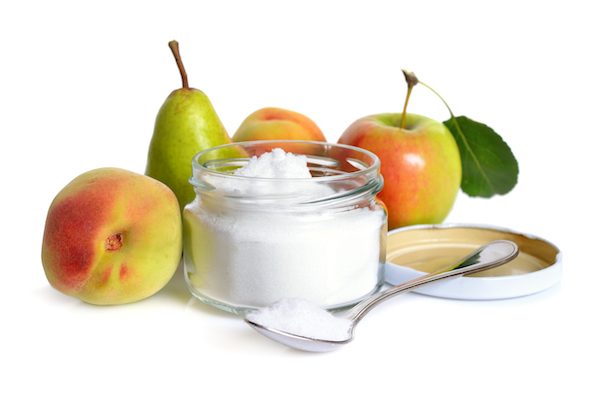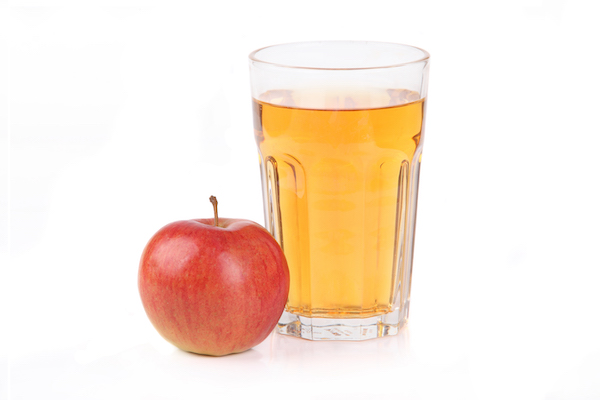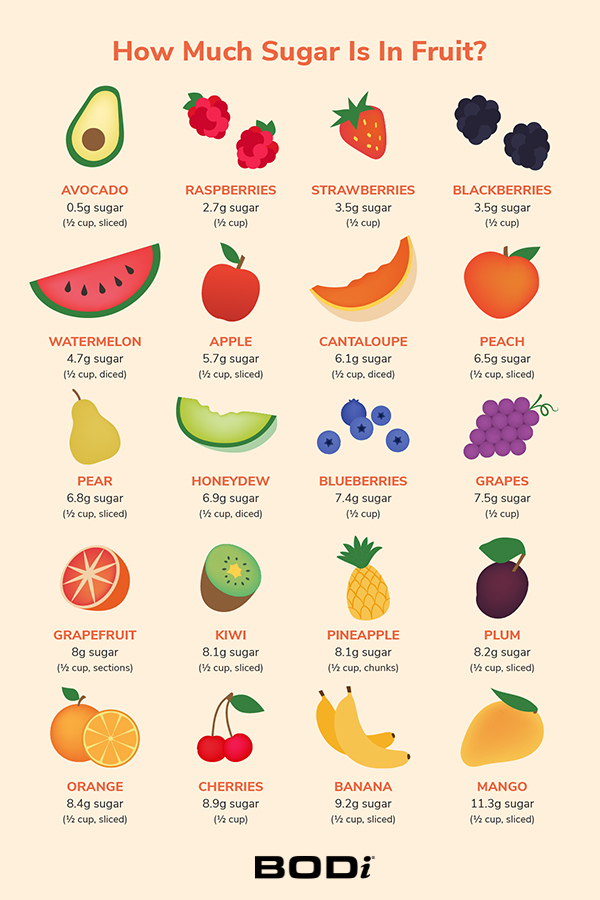Fruits are referred to as nature’s sweet for a cause: They’re our largest supply of sugar in minimally processed entire meals. So when the low-carb weight-reduction plan gained reputation, fruit got here underneath scrutiny by scrupulous dieters on the lookout for a dietary edge. We all know fruit is an efficient supply of invaluable nutritional vitamins and minerals, however many individuals marvel: Is the sugar in fruit dangerous for you?
Learn on to get a greater understanding of the sugar in your fruit and whether or not not it may be a priority for you.
Is Sugar in Fruit Dangerous for You?
Briefly, no, you in all probability shouldn’t remove that day by day banana. Consultants do need you to devour much less sugar, however it’s best to try to slash added sugar, not the naturally occurring sugars from fruit and dairy. That’s as a result of pure sugars additionally comprise fiber, which slows down your physique’s absorption of that sugar and due to this fact helps stability blood sugar ranges.
As a substitute of axing fruit, strive slicing down on sugary drinks similar to sodas, lattes, vitality drinks, and sports activities drinks, in addition to refined carbohydrates similar to cookies, muffins, and candies. In comparison with a few of these sugar bombs, fruit’s sugar content material doesn’t come shut — and it’s actual, nutritionally superior meals.
Nonetheless, moderation is essential as a result of the sugar in fruit continues to be sugar.
Can You Eat Too A lot Sugar from Fruit?

Typically. Naturally occurring sugar in fruit is healthier than refined sugar, but it surely’s nonetheless attainable to overdo it: “For individuals who have a powerful sugar dependancy, or who need to shed extra pounds, you’ll be able to truly overindulge in [fruit] in case you’re consuming all of them day lengthy,” says Keri Glassman, MS, RD, CDN.
Researchers like Dr. Robert Lustig affiliate fructose to “alcohol with out the thrill.” The essential argument: Glucose can be utilized by any tissue within the physique, however solely the liver is answerable for processing fructose, which, keep in mind, is the principle supply of sugar in fruit.
When confronted with fructose, the liver has two decisions: It might probably convert fructose into glucose to gas different tissues, or it might convert the fructose into fats and retailer it. If you happen to repeatedly eat greater than sufficient energy, guess what selection your liver makes? That’s proper: It’ll retailer extra fructose as fats.
This isn’t good as a result of over time, this fats can accumulate within the liver and drive up your danger for insulin resistance and kind 2 diabetes.
Is Sugar in Fruit the Identical as Common Sugar?
The sticky sweetness you take pleasure in from a crisp apple comes from fructose, the principle (however not the one) sugar in fruits. Fruits comprise a mixture of sugars — for instance, an apple incorporates 6 % fructose and three % sucrose by weight. Sucrose is what we generally know as desk sugar, and it’s made up of fructose and glucose models (molecules) joined collectively.
As soon as eaten, you’ll be able to digest each sucrose and fructose into glucose, which your mind and physique makes use of as gas — and glucose is what leads to your bloodstream and raises your blood sugar. Whereas sucrose might be rapidly digested into glucose to spike blood sugar, fructose is extra sophisticated.
Pure fructose doesn’t increase blood sugar very a lot, making it a preferred sweetener for diabetics. After all, that doesn’t give it a free move.
When Ought to You Keep away from Consuming Fruit?

The proof in opposition to fructose collected by well-intentioned researchers like Dr. Lustig is partly why you might encounter sugar-phobic people. However remember the fact that even Dr. Lustig, who goes on document calling sugar “poisonous,” instructed the New York Occasions he wouldn’t advise slicing out fruit.
Principally, in case you’re involved about your sugar consumption, you might need to think about avoiding fruit when it’s been extremely processed — that apple juice isn’t the identical as consuming an apple, and also you might not be getting the identical ratio of useful fiber in comparison with the apple.
Additionally, be cautious of dried fruit. Dried fruit does comprise fiber, however at a a lot decrease quantity, which makes overeating a extra doubtless prospect.
How A lot Sugar Is in Fruit?
Nonetheless fascinated about reaching for lower-sugar fruits? Right here’s a chart that can assist you perceive how a lot sugar is in 20 fashionable fruits:
*Chart displayed from least sugar to most sugar by grams.
| Fruit | Weight | Cals | Carbs | Fiber | Sugar* | % sugar by weight |
| Avocado (½ cup, sliced) | 73 g | 117 | 6.2 g | 4.9 g | 0.5 g | 1% |
| Raspberries (½ cup) | 61.5 g | 32 | 7.3 g | 4 g | 2.7 g | 4% |
| Strawberries (½ cup) | 72 g | 23 | 5.5 g | 1.4 g | 3.5 g | 5% |
| Blackberries (½ cup) | 72 g | 31 | 6.9 g | 3.8 g | 3.5 g | 5% |
| Watermelon (½ cup, diced) | 76 g | 23 | 5.7 g | 0.3 g | 4.7 g | 6% |
| Apple (½ cup, sliced) | 54.5 g | 28 | 7.5 g | 1.3 g | 5.7 g | 10% |
| Cantaloupe (½ cup, diced) | 78 g | 27 | 6.4 g | 0.7 g | 6.1 g | 8% |
| Peach (½ cup, sliced) | 77 g | 30 | 7.4 g | 1.2 g | 6.5 g | 8% |
| Pear (½ cup, sliced) | 70 g | 40 | 10.7 g | 2.2 g | 6.8 g | 10% |
| Honeydew (½ cup, diced) | 85 g | 31 | 7.7 g | 0.7 g | 6.9 g | 8% |
| Blueberries (½ cup) | 74 g | 42 | 10.7 g | 1.8 g | 7.4 g | 10% |
| Grapes (½ cup) | 46 g | 31 | 7.9 g | 0.4 g | 7.5 g | 16% |
| Grapefruit (½ cup, sections) | 115 g | 37 | 9.3 g | 1.3 g | 8 g | 7% |
| Kiwi (½ cup, sliced) | 90 g | 55 | 13.2 g | 2.7 g | 8.1 g | 9% |
| Pineapple (½ cup, chunks) | 82.5 g | 41 | 10.8 g | 1.2 g | 8.1 g | 10% |
| Plum (½ cup, sliced) | 82.5 g | 38 | 9.4 g | 1.2 g | 8.2 g | 10% |
| Orange (½ cup, sliced) | 90 g | 42 | 10.6 g | 2.2 g | 8.4 g | 9% |
| Cherries (½ cup) | 69 g | 43 | 11 g | 1.4 g | 8.9 g | 13% |
| Banana (½ cup, sliced) | 75 g | 67 | 17.1 g | 2 g | 9.2 g | 12% |
| Mango (½ cup, sliced) | 82.5 g | 50 | 12.4 g | 1.3 g | 11.3 g | 14% |



